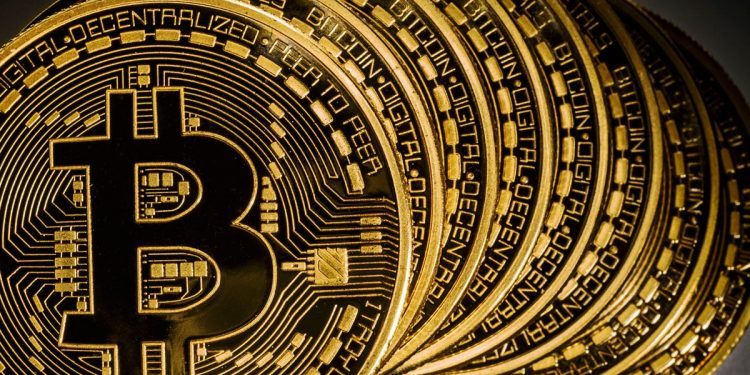The idea of Bitcoin as an investment asset, or even as any kind of asset, is still foreign to a lot of us.
This is a tech-based alternative currency that, for a few years at least, seemed like a fad. It appeared to be destined to fade away and become little more than a collector’s item, and that’s not just one man’s opinion. Plenty of financial analysts felt the same (though it’s true than plenty also saw Bitcoin going places, or even potentially replacing cash).
As it turns out, Bitcoin is something to be taken seriously.
This doesn’t mean that we’re all going to be transitioning to it away from regular money (as its strongest advocates have long predicted). But it does mean that it’s likely going to maintain significance, and that it could be useful.
So, in case you’re starting from scratch in this department, I wanted to provide a basic overview for how to think of Bitcoin with regard to investment.
What Is It?
It seems only proper to start with the most basic question: what really is Bitcoin?
It’s still a fair question, even if you have a general knowledge that it’s a “digital” or “electronic” currency.
The strictest definition of Bitcoin is that it’s an intangible store of wealth that exists exclusively in the digital space. Some have even compared Bitcoins to coupons for purposes of understanding.
Owning Bitcoin simply means having access to proof that you have acquired a given amount of digital wealth.
There are 21 million Bitcoins that make up a finite supply slowly but surely being “mined” via complex mathematical processes. Once a Bitcoin is mined, it essentially joins the market where it (or fractions of it) can be bought and traded.
How Do You Get It?
If you’re going to be considering Bitcoin for investment purposes, you of course need to know how to acquire and store it.
I mentioned the mining process, but frankly that’s something most of us don’t need to worry about.
The focus instead, if you decide to invest (and I’m not saying that’s necessarily a good idea), should be on buying Bitcoin that’s already on the market.
This can be done in a few different ways. Through online and mobile exchanges (where it’s a fairly straightforward digital transaction) or at a BTM (which is a Bitcoin ATM, essentially).
In order to buy and store Bitcoin, however, you need to have a Bitcoin wallet set up. And for this it’s important to understand a bit more about how Bitcoin storage works in general.
When you own Bitcoin, you technically own access to the code that represents it – the “coupon,” if you will. But that actual code is stored on the secure digital leger known as the Blockchain.
A wallet stores the “address” to that code on the Blockchain, but also stores your private key. This is vital, because only with both can you access and use your Bitcoin.
So for all intents and purposes your wallet is a digital record-keeping device. There are different kinds of wallets including hardware, software, and mobile options, each with different pros and cons.
Do People Invest?
In a word, yes. Bitcoin first emerged as a cryptocurrency, and that’s still technically what it is.
It can be used to purchase goods and services at participating vendors both in person and online, and it can be exchanged for real money.
If you really want to use Bitcoin as money, there are opportunities to do so. But increasingly, people appear to be viewing it as a commodity or long-term asset.
Some have compared it to oil or gold, in that it’s a sort of “precious” commodity existing largely beyond the terms of ordinary stock markets and financial systems.
So yes, people are absolutely purchasing Bitcoin as a means of investment. And for what it’s worth, they’re doing the same with several prominent “Altcoins,” which are alternative cryptocurrencies worth far less than Bitcoin. People are also using trading bots such as https://www.
Should You Buy In?
Far be it from me to give a definitive answer to this question. Every investment is a personal decision, and Bitcoin is trickier than most.
On the one hand, its value has quite literally quadrupled in 2017, which can make it look very appealing.
Had you invested years ago, or even in January of this year, you would likely be very happy with how Bitcoin performed. However, many experts remain skeptical of continued growth.
Bitcoin has always been volatile, so it’s a very difficult investment prospect to monitor.
But at the very least, this is worth thinking about for a diverse investment portfolio.









